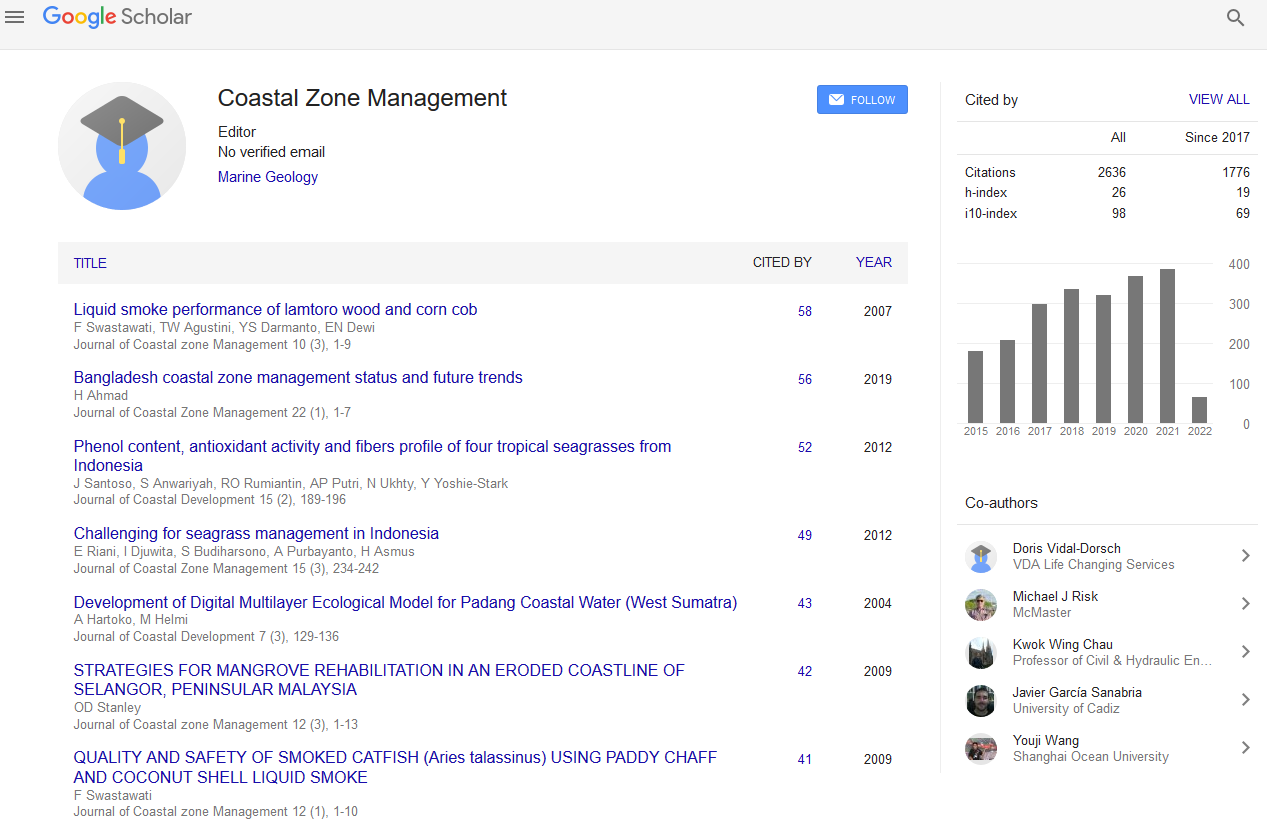Indexed In
- SafetyLit
- RefSeek
- Hamdard University
- EBSCO A-Z
- OCLC- WorldCat
- Publons
Useful Links
Share This Page
Journal Flyer

Open Access Journals
- Agri and Aquaculture
- Biochemistry
- Bioinformatics & Systems Biology
- Business & Management
- Chemistry
- Clinical Sciences
- Engineering
- Food & Nutrition
- General Science
- Genetics & Molecular Biology
- Immunology & Microbiology
- Medical Sciences
- Neuroscience & Psychology
- Nursing & Health Care
- Pharmaceutical Sciences
Abstract
The Effects of the obliquity of Solar System Planets on Prolonged Space Mission
Hossein Parsania
In this paper, the obliquity effect of the main-body on the motion of solar system planets orbiter in prolonged space missions has been investigated in the presence of the Sun gravity. The proposed model is based on non-simplified perturbed dynamic equations of planetary orbiter motion. From a new point of view, in the present work, the dynamic equations regarding a disturbing body in elliptic inclined three-dimensional orbit are derived with consideration of all the zonal harmonic perturbations of main-body. The accuracy of this non-simplified method is validated with dual-averaged method employed on a generalized Earth-Moon system. It is shown that the neglected short-time oscillations in dual-averaged technique can accumulate and propel to remarkable errors in the prolonged evolution. After validation, the effects of the main-body’s obliquity on eccentricity, inclination and right ascension of the ascending node of the orbiter are investigated. Moreover, a generalized model is provided to study the effects of third-body inclination and eccentricity on orbit characteristics. It is shown that the main-body’s obliquity is the key to facilitating some significant changes in orbital elements in long-term mission and short-time oscillations must be consider in accurate prolonged evaluation. The purpose of this paper is to clarify the obliquity effects on spacecraft orbits around planets of the solar system with different axial tilts when the Sun’s gravity is considered. The proposed equations are employed to determine the importance of the main-body’s obliquity, considering in different cases for Sun-Venus, Sun-Earth, and Sun-Mars. Consequently, the obliquity effects on orbital parameters of the satellite are analyzed in different inclinations and eccentricities of the satellite orbit. In addition, a generalized model is provided to study the effect of eccentricity and inclination of third-body orbit on long-term behaviour of the planetary orbiter.
Published Date: 2020-08-31; Received Date: 2020-08-31

